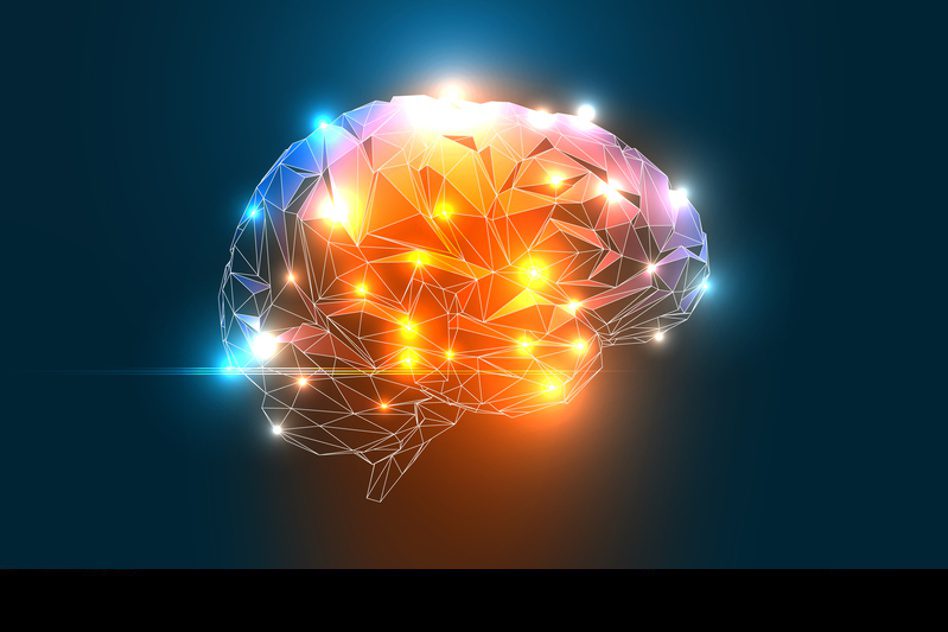
A research center focused on brain health
Here at BRAINN we employ the latest and most advanced technologies to make cutting-edge Science, trying to elucidate the workings of this wonderful machine – the human brain. We also fire up our synapses in order to better understand the processes behind brain diseases such as epilepsy and stroke. Learn more about us and our work!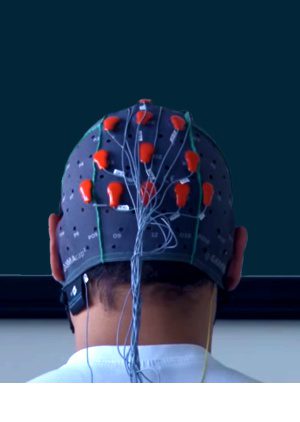
Success Stories
Learn more about the incredible technologies, discoveries and scientific progresses made at the BRAINN laboratories! Keep reading
Save the Date!
BRAINN´s Li Li Min engages with the audience on a friendly chat about Brain and Science. Learn More
Powered by FAPESP
BRAINN is one of the 20 RIDICs financed by FAPESP. Learn more about these projects here. Click hereBRAINN Headlines
Learn more about BRAINN!
The Brazilian Institute of Neuroscience and Neurotechnology (BRAINN) is a FAPESP-funded institute that investigates the molecular mechanisms underlying epilepsy and stroke, as well as lesions associated with these diseases. Our studies integrate genetics, neurobiology, pharmacology, neuroimaging, computer science, robotics, physics and engineering, all in a quest to better understand the human brain.

Our lines of research have powerful implications in preventing, diagnosing and treating brain diseases, in addition to rehabilitating patients, and are the basis for a deeper comprehension of brain functions, both in normal and pathological conditions. BRAINN’s main motivation is the necessity to face these complex and relevant biological problems; in order to do that, we reunite in a single place the brainpower and expertise of diverse research groups with distinct and complimentary characteristics.

One of the many aspects that demonstrate the characteristic complexity associated with research on epilepsy and stroke is the fact that such conditions are not uniquely defined, which means that these conditions cannot be traced to a single disease or a unique syndrome. Therefore, collaborative research needs to be conducted by scientists with expertise in a variety of fields, driven by solid scientific theories in order to provide relevant applications in the real world.
The Center’s research science seeks to be clinically important, realistic and highly original, combining genetics, neurobiology, pharmacology, neuroimaging, computer sciences, robotics, physics and engineering. Its outcome will benefit patients suffering from epilepsy, stroke and other prevalent diseases and will substantially contribute to ongoing scientific discussions within the areas of neurology, psychiatry, and cognitive neuroscience.

The field of neurotechnology presents great potential for innovation and technology transfer. The challenges related to it involve the design of complex equipment and software systems to aid the diagnosis and treatment of neurological diseases such as epilepsy and stroke. This will include:
- the development and construction of functional brain imaging systems using infrared photons;
- the design and microfabrication of neuroprobe targets for innovative research and clinical use;
- the development of optimized software for medical image processing;
- the development of rapid diagnosis techniques based on gene identification;
- the design and construction of brain-computer interfaces (BCI) for assistive technologies;
- the development of rehabilitation systems.
The Center’s work in the area of treatment and rehabilitation will focus on remote monitoring of patients. For example, a highly portable video-EEG system can be deployed at home, allowing patients to avoid long wait times in hospitals. The Center is also working to develop remote-controlled devices (e.g., mobile robots) that will allow physicians to interact with patients outside of hospitals.

Alongside a formal graduate program in neuroscience, the Center is also planning to disseminate knowledge and education through the establishment of websites, TV and web-radio broadcasts; the creation of specific social networks, blogs, and microblogs; the expansion of an existing magazine written for the lay public; and the publication of BRAINN books to help disseminate neuroscience in the community.
Moreover, it plans to develop a course for teachers on neuroscience education, as well as a continuing education program about scientific journalism. The Center already offers a full schedule of events for meetings and workshops every year.
Upcoming Events
BRAINN Events in Pictures!
Our group organizes many educational and special events all through the year.
Learn more about them here.
You need to know this
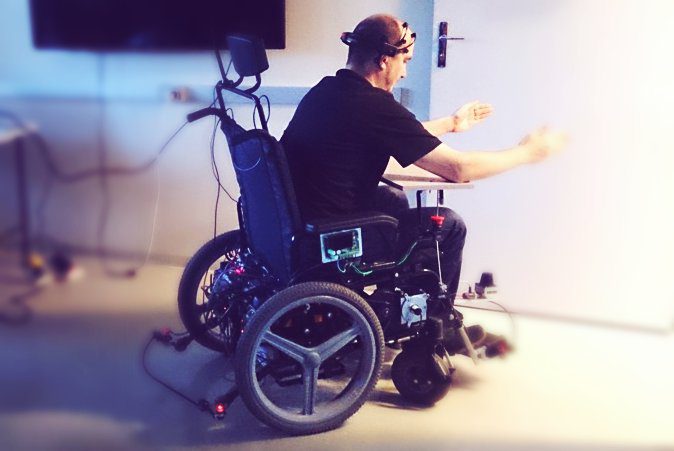
Brain-Computer Interface
Could brain signals be used to take control over real objects, like a wheelchair? Find out BRAINN’s researches with the Brain-Computer Interface. [READ]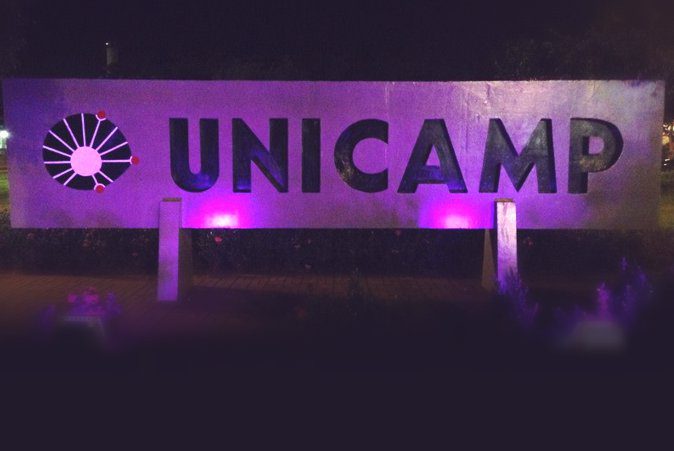
Epilepsy under Scrutiny
Find here information on how BRAINN´s lines of research are helping health professionals identify, treat and prevent epilepsy and seizures. [READ]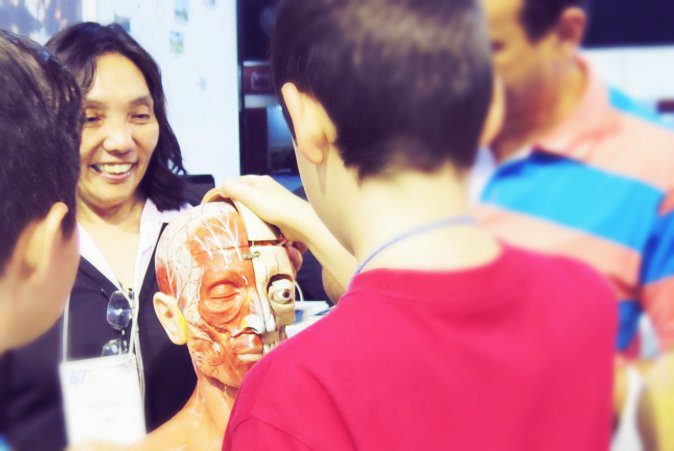
Facilitating Brain Diagnosis
Studies developed by BRAINN’s prof. Wu ShinTing and her research group provide technological tools that facilitate medical diagnosis. [READ]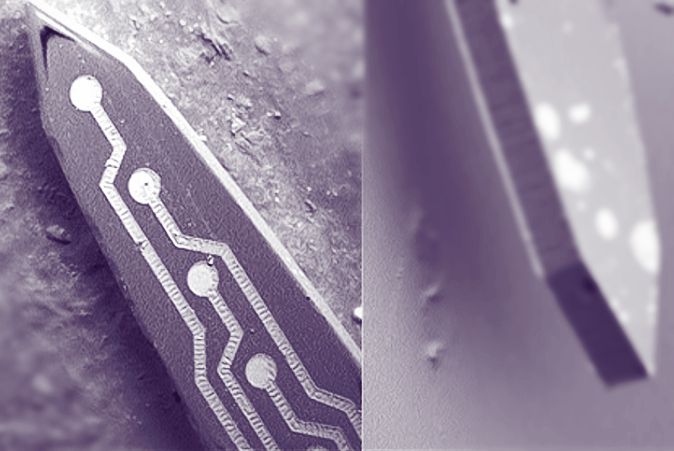






 Português do Brasil
Português do Brasil